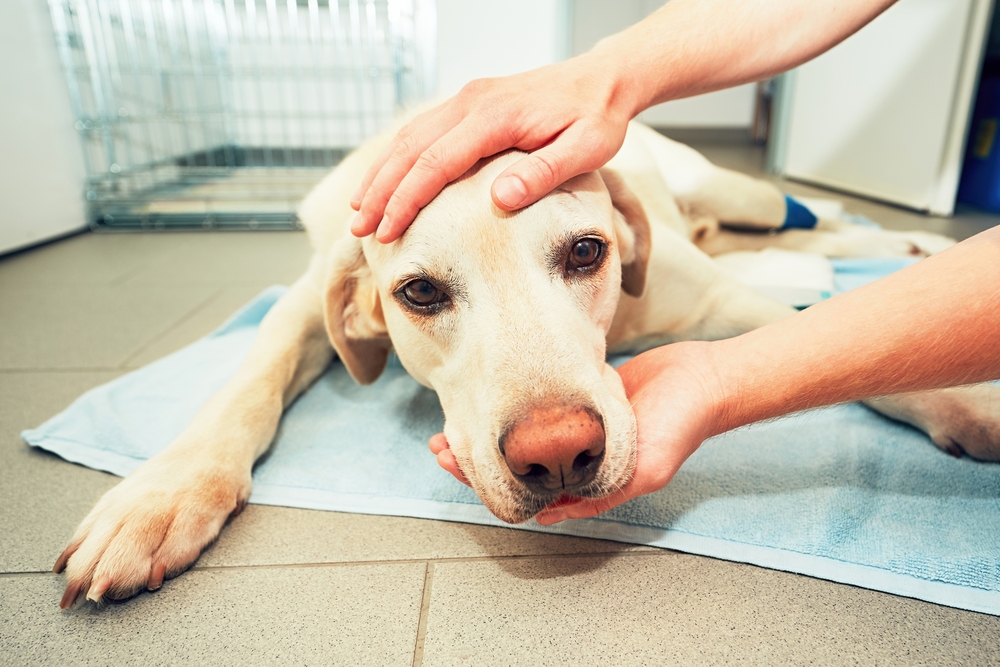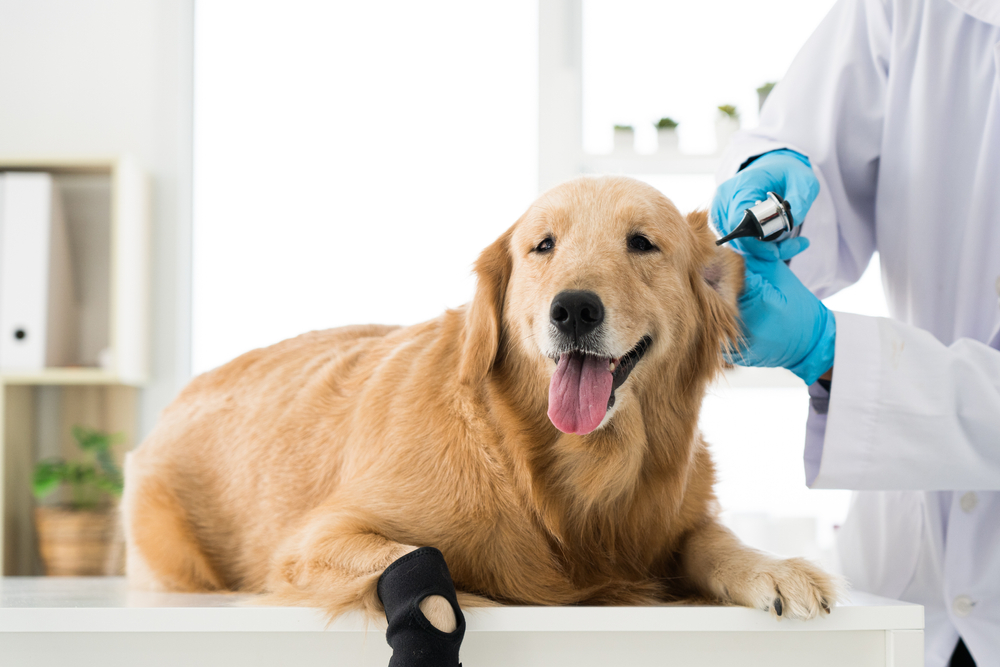
Nurturing Lifelong Companionship: Understanding Canine Lymphoma
Understanding Canine Lymphoma


How Does Canine Lymphoma Affect My Dog?
• Enlarged Lymph Nodes: Palpable lumps or swellings in the neck, armpits, or groin.
• Changes in Appetite: Sudden loss of appetite or unexplained weight loss.
• Lethargy: A noticeable decrease in energy levels and increased reluctance to engage in activities.
• Respiratory Distress: Difficulty breathing or coughing may be observed.
• Gastrointestinal Issues: Vomiting, diarrhea, or other digestive problems.
Cancer Testing and Treatment at White Haven Veterinary Hospital
Cancer Testing: Early detection is key to effectively treating canine lymphoma. Our hospital employs advanced diagnostic tools, including blood tests, imaging, and biopsy procedures, to accurately diagnose the type and stage of cancer.
Treatment Options: Once diagnosed, our experienced veterinary team will work with you to create a personalized treatment plan tailored to your dog’s unique needs. Treatment options may include chemotherapy, radiation therapy, and in some cases, surgery. We prioritize your pet’s comfort and well-being throughout the treatment process.
Cancer Screenings & Regular Wellness Check-ups For Your Pets in White Haven, PA









